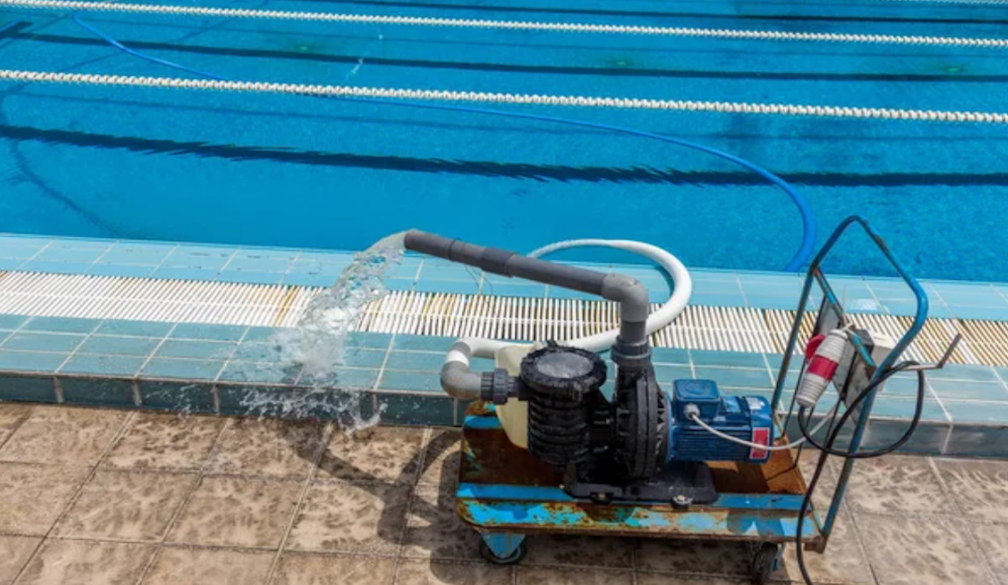Patients have rights. Here's how to use yours
- Written by Lisa Eckstein, Senior Lecturer in Law and Medicine, University of Tasmania

Working your way around the health-care system can be overwhelming. This is especially hard when care takes place in health systems under stress.
However as a patient, you have rights about how you’re treated. This includes not just your actual therapy, but how you’re spoken to, how your records are handled and even whether you wish to be treated at all.
Now, the Australian Commission on Safety and Quality in Health Care has updated its charter of patient rights.
The idea is to promote a more active role in health care for patients (and their carers) by reminding them of their seven rights: access to health care, safety, respect, partnership, information, privacy and giving feedback.
But what do these rights really mean when it comes to day-to-day issues you or your family might face with your GP, in hospital or in a nursing home?
Read more: Why an Australian charter of rights is a matter of national urgency
Example 1: leaving hospital early
Imagine an elderly patient who has been hospitalised with an infection. After a couple of days of treatment, she wants to go home to live alone. The patient’s doctors are worried she won’t be able to take care of herself and try to convince her to move into a rehabilitation facility. She refuses.
Respect means the patient has the right to make her own choices, even if they could result in harm. But this doesn’t mean just abandoning the patient to her rights. A first step is the right to information, to ensure she understands the risks of going home. Partnership requires communication with the patient herself as well as other people she chooses, like family members and friends. This helps support the patient.
Read more: Hospital discharges to ‘no fixed address’ – here's a much better way
Example 2: dementia restraints
More than half of all people in permanent residential aged care have dementia.
Sometimes patients become physically aggressive, becoming a danger to themselves and others. Physical and chemical restraints for these people has been widespread, and is being considered by the Royal Commission into Aged Care Quality and Safety.
Restraints won’t be the right thing in all cases. Whether it’s right for a particular person requires balancing respect for the patient’s own views and dignity, with other people’s rights to safety. Respect can be facilitated by working in partnership with the patient and their family to identify safe options other than restraint.
Read more: Physical restraint doesn't protect patients – there are better alternatives
Example 3: health information disclosure
Trips to the emergency department are often scary and sensitive. The visit can be even worse if you feel others can overhear your conversations with doctors or nurses.
More than one in ten people who went to the emergency department of a major Melbourne hospital reported this experience. These people felt the loss of their privacy. It also might fail to show respect, dignity and consideration, as required in the right to respect.
But not every unwanted disclosure of health information will be wrong. Some might even be necessary to meet other health-care rights.
For instance, an emergency department with curtains instead of walled rooms to help people or equipment move more freely might meet the safety right even though it risks a patient’s right to privacy. But the charter at least means hospitals and treating teams have to justify any unwanted disclosure of health information. It also means patients who feel uncomfortable can give feedback, another of their rights.
Read more: Paper tsunami: how the move to digital medical records is leaving us drowning in old paper files
How does Australia stack up?
Other countries have created similar lists of patients’ rights, including New Zealand and Scotland.
The most valuable part of the Australian charter is improving patient and carer understanding of existing health-care rights. This makes it easier to know when to complain to a state or territory complaints commission, or the Australian Health Practitioner Regulation Agency.
Although the Australian Commission on Safety and Quality in Health Care is releasing more resources for patients, its charter may not go far enough in protecting groups who experience systemic bias in their health-care interactions. This includes many Aboriginal and Torres Strait Islander people.
Read more: Ms Dhu coronial findings show importance of teaching doctors and nurses about unconscious bias
Another pitfall of the charter is its non-binding nature. It describes the rights patients should expect but it does little to enforce them. This can leave the charter as something of a toothless tiger, an issue also discussed internationally.
The charter also doesn’t deal with potential patient responsibilities. These are the obligations consumers have for their own health, like treating staff considerately and keeping medical appointments.
It’s hard to see how one can exist without the other.
Authors: Lisa Eckstein, Senior Lecturer in Law and Medicine, University of Tasmania
Read more http://theconversation.com/patients-have-rights-heres-how-to-use-yours-121637



















